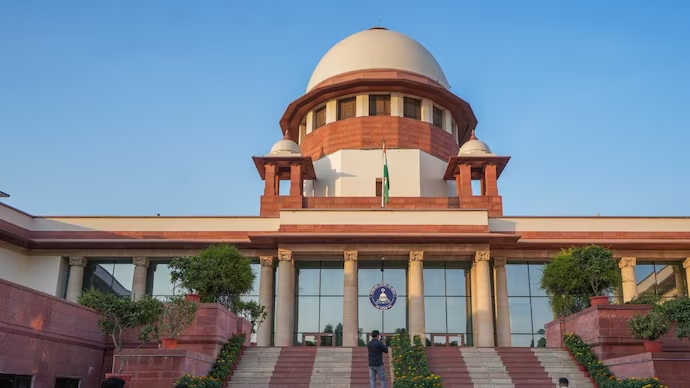Now Reading: Supreme Court Questions ED’s Nationwide Jurisdiction in State Matters
-
01
Supreme Court Questions ED’s Nationwide Jurisdiction in State Matters
Supreme Court Questions ED’s Nationwide Jurisdiction in State Matters

The Supreme Court of India has raised significant concerns regarding the Enforcement Directorate’s (ED) authority to investigate cases beyond its jurisdiction, particularly when First Information Reports (FIRs) are filed in states. This issue came to the forefront during the ED’s probe into alleged money laundering linked to corruption in Tamil Nadu’s liquor sales by the Tamil Nadu State Marketing Corporation (Tasmac). The Court’s inquiry delves into the balance between central investigative agencies’ powers and the autonomy of state governments.
ED’s Nationwide Jurisdiction Under Scrutiny
The ED contends that under the Prevention of Money Laundering Act (PMLA), it is mandated to investigate any case of money laundering nationwide once an FIR is registered, irrespective of the state in which the alleged offence occurred. This stance has led to questions about the agency’s expansive reach and its potential to encroach upon state jurisdiction.
Federal Structure and State Autonomy
The Supreme Court’s inquiry touches upon the core principles of India’s federal structure, where law and order are primarily state subjects. The Court has questioned whether the ED’s actions, in this case, interfere with the state’s right to manage its own affairs, especially when state authorities have initiated their own investigations.
Implications for Inter-State Investigations
This development has broader implications for inter-state investigations. It raises questions about the extent to which central agencies can operate in a state without infringing upon the state’s jurisdiction, particularly in matters where the state has already taken action. The outcome of this case could set a precedent for future interactions between central agencies and state governments.
Conclusion
The Supreme Court’s scrutiny of the ED’s nationwide jurisdiction underscores the ongoing tension between central authority and state autonomy in India’s federal system. As the case progresses, it will be pivotal to observe how the Court balances the need for effective enforcement of laws with the preservation of state rights. The decision could have lasting implications for the operational dynamics between central agencies and state governments.

























